
Malcolm Gladwell is a well known author in the non-fiction book world. When his first book, The Tipping Point, came out in 2000, it took the world by surprise. Every book reader was reading and discussing this book. Blink was an even bigger influence on the book lovers. I read it to see what the big deal was and I remember that I wasn't all that impressed with it. When my brother recommended Outliers to me, I was skeptical. I didn't want to say no to him, but also wasn't eager to read this book. It was lying on my bookshelf all these days, patiently waiting for me to pick it up and the time finally came last week. On a whim, I just opened it and read the first page and I liked what I read so much that the current book went on the backburner and I started on Outliers right away.
If you are new to Gladwell, the first thing you notice is the bookcover. There is something captivating about the simple white background and bold, black letters. The bookcover tempts you to read the book. Isn't that what a bookcover should do? Allison J. Warner, is the cover artist, if you want to appreciate the effort.
Outliers looks at successful people and some not-so-successful people and analyzes them. Gladwell compares two individuals who have similar talent, similar IQ but one of them is successful while the other one is not and argues that the different is chance or opportunity. While one of them was given an opportunity, the other was not. Gladwell supports his theory by a lot of examples. These case studies make an interesting read. Gladwell tries to answer the question why Asians are good at math. His theory is interesting, to say the least. Not only does Gladwell talk about raw intelligence or IQ, he even says social skills - convincing and arguing ability are also important for success.
In one chapter, he quotes a study which involved a set of kids from mixed background. It was observed that the kids from rich household were better at studies than the poorer ones. Gladwell talks about a special school for poor kids to train them and make them equal to their richer counterparts. He outlines a typical day in the life of a student in that school and it is disturbing to see that the kid doesn't have even a minute to play. All she does is wake up, run to school, study, get back home, do her homework and go to bed. Agreed that this is for her benefit so that she doesn't miss out on opportunities for being poor, but let the kids be kids, right? Let her play and enjoy her life. She might not score better grades, but she definitely will have a better life. And since when did grades start affecting success? Isn't success subjective? Anyways, this was a chapter which I found very disturbing. I sat there and imagined that little girl who has to go this special school and sacrifice her childhood for better grades and I felt like screaming at the top of my voice, "Are you freaking crazy?"
The rest of the book is great. The chapter on Bill Gates and how hard work is an integral part of the path to success is conveyed very well. In the end, just talent and opportunities are not enough. One should utilize those opportunities and work hard.
An interesting and thought-provoking book. A must read if you are even vaguely interested in this kind of non-fiction work.





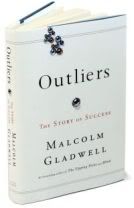




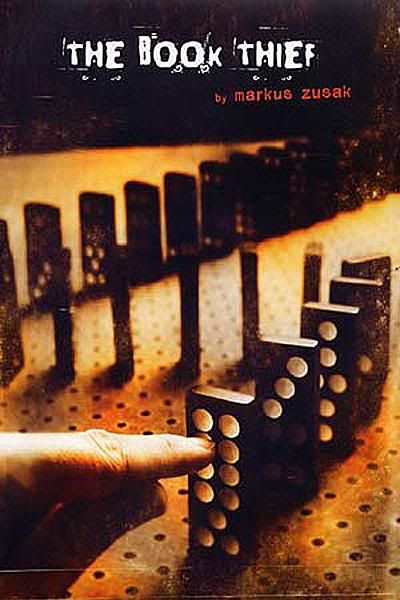













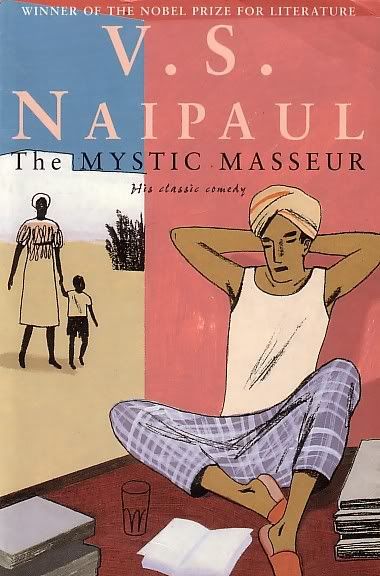


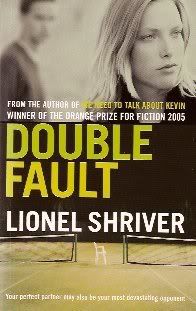

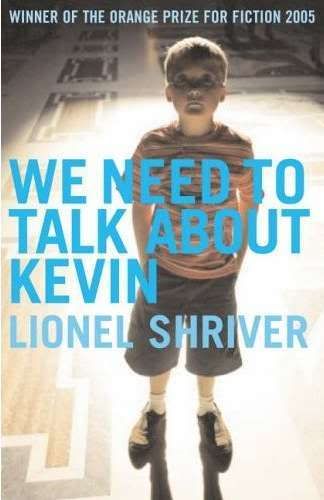




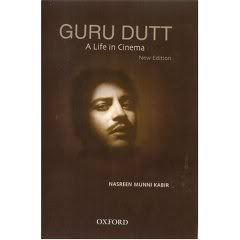
0 comments:
Post a Comment